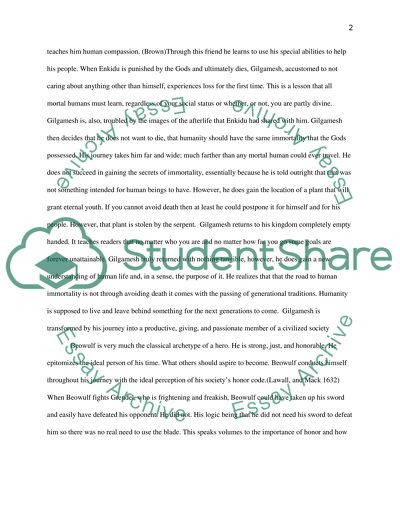Cite this document
(“The Journeys of the Ages Essay Example | Topics and Well Written Essays - 1250 words”, n.d.)
Retrieved from https://studentshare.org/literature/1453652-journey
Retrieved from https://studentshare.org/literature/1453652-journey
(The Journeys of the Ages Essay Example | Topics and Well Written Essays - 1250 Words)
https://studentshare.org/literature/1453652-journey.
https://studentshare.org/literature/1453652-journey.
“The Journeys of the Ages Essay Example | Topics and Well Written Essays - 1250 Words”, n.d. https://studentshare.org/literature/1453652-journey.


